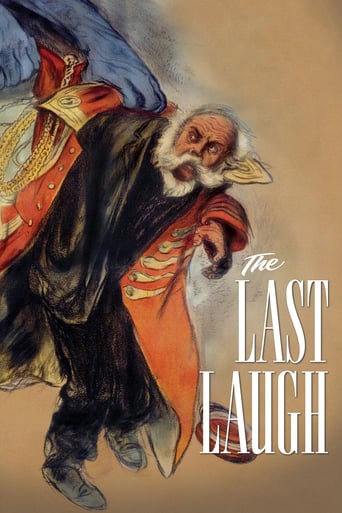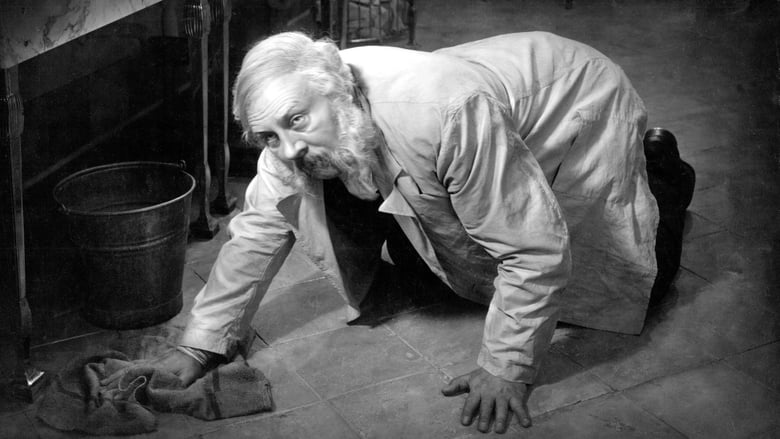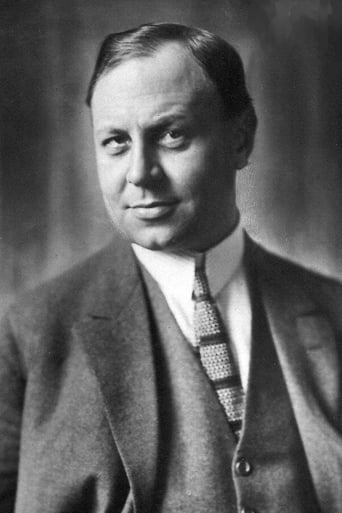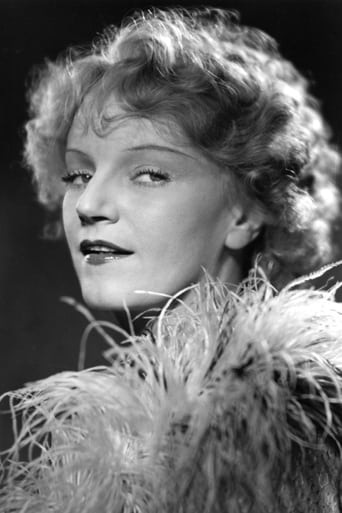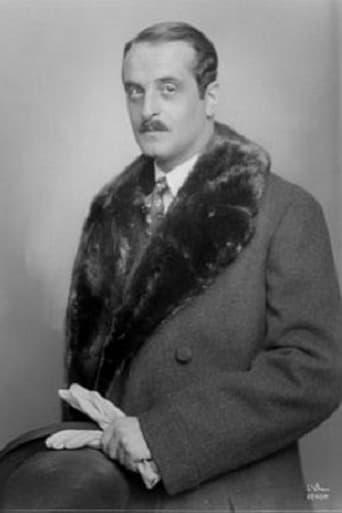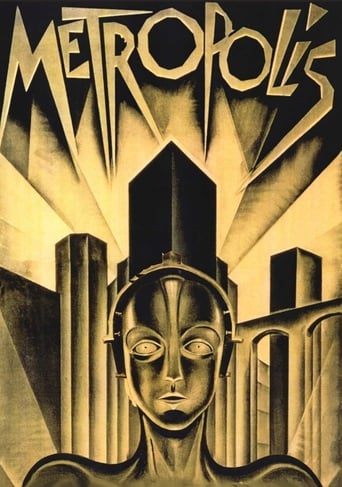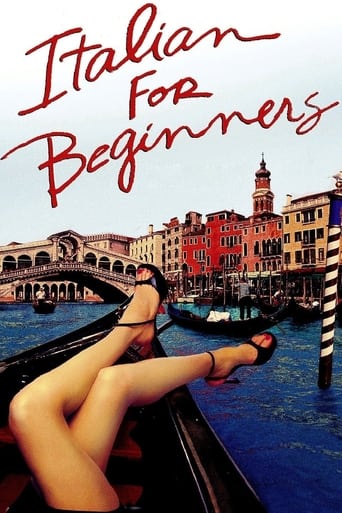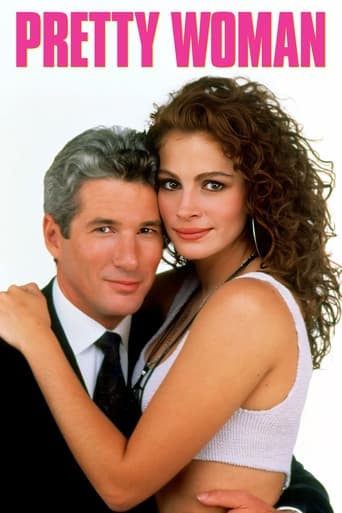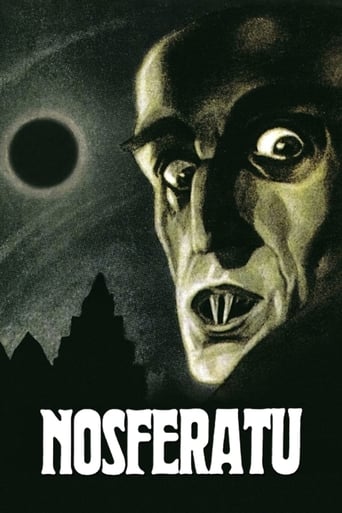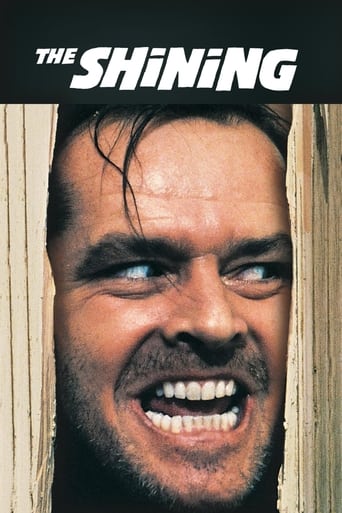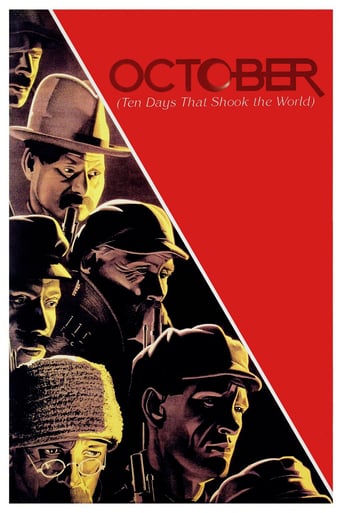The Last Laugh (1924)
An aging doorman, after being fired from his prestigious job at a luxurious Hotel is forced to face the scorn of his friends, neighbours and society.
Watch Trailer
Cast


Similar titles
Reviews
Very very predictable, including the post credit scene !!!
The acting in this movie is really good.
There are moments that feel comical, some horrific, and some downright inspiring but the tonal shifts hardly matter as the end results come to a film that's perfect for this time.
The movie really just wants to entertain people.
Emil Jannings is the doorman of the elegant Atlantic Hotel. He is proud of his uniform and function, and respected by his community. When he reaches the old age, he has difficulties to carry trucks and suitcases. The hotel manager decides to change his function to washroom attendant. This apparently simple action is enough to destroy him as a human being. He loses his self-respect and when his neighbor finds that he is janitor of the hotel, he loses the respect of his neighbors and friends. "Der letzte Mann", a.k.a. "The Last Laugh", is another masterpiece directed by F.W. Murnau. It is an authentic study of the vanity and cruelty of mankind. The gossip and lack of respect to the elders is also shown in this fantastic film. The performance of the great Emil Janning is top-notch and the plot is based on his character and corporal expressions. The talent of Murnau is impressive, since he changes the heartbreaking narrative and turns into a comedy, with the doorman receiving the inheritance of an America millionaire and becoming "the last laugh" of the title of the movie. My vote is ten.Title (Brazil): "A Última Gargalhada" ("The Last Laugh")
More than anything, F.W. Murnau's movie "Der letzte Mann" ("The Last Laugh" in English) seems to be a metaphor for inter-war Germany. Much like how the doorman (Emil Jannings) gets demoted to washroom attendant, Germany went through something similar in the wake of WWI: the reparations demanded by the Allied Powers destroyed the country economically, which unfortunately led to Hitler's rise to power. In fact, the cynical end of the movie -- in which the doorman inherits a bunch of money -- seems to foretell the worst kind of "salvation" that Germany could have (which it eventually did). To be certain, Jannings gladly starred in Nazi propaganda movies, while Georg John (who plays the night watchman here), got sent to the Łódź Ghetto, where he died in 1941.But even ignoring that, this exercise in expressionism is a masterpiece beyond description. The lack of inter-titles is especially eye-opening, forcing all concentration on the action. Murnau followed up "Nosferatu" with the same sorts of surreal imagery, going one step further this time. He later had a great achievement with "Faust - Eine Deutsche Volkssage". All of these are definitely worth seeing.
An aging doorman (Emil Jannings), after being fired from his prestigious job at a luxurious Hotel is forced to face the scorn of his friends, neighbors and society.Emil Jannings is the star of this film, but the clear star is the camera. This film, told with the "unchained camera", astonished audiences in its day and remains impressive now. There is a lack of intertitles, with the story told through expressions and angles, with a camera that moves through a revolving door, an elevator, and more.The making of documentary on the Kino disc is amazing, as it shows you how makeup and hair were key to this, with Jannings being only 40. More impressive? The cut-outs, model cars, and forced perspective. You will never believe all the work that went into the background and how much you think you see that really is not there.Apparently the film has an anti-militarism message, stressing the importance of uniform (or the false belief of its importance). I would never have made that conclusion, but would the critics and historians lie?
The camera work and the sets in this film where so breathtaking and powerful that they changed the film language forever. It is in many ways the Citizen Kane of its time.It was so revolutionary that Hollywood (Fox) tried desperately to get Murnau to work for them and teach them how to do all these things (which he did some years later). The main revolutionary thing was the fluidity of the camera (or the unchanged camera, as it was called). There was no steady cam at this time, but still they managed to strap the camera to the body of the cameraman without getting a shaky pictures.The set is just amazing. It is difficult to believe that this is not a real city. All the special effects help also to make this believable (special effects that are still today astonishing and believable).The makeup is also great. Emil Jannings was only 40 years old when he made this film but he really looks like an old man (and acts like one too).But the greatest thing about this film is how much Murnau manages to say with out the help of inter titles. This is visual storytelling at it's best.Murnau had come a long way from Nosferatu but he still had a long way to go and a lot to teach us before his untimely death. The Last Laugh is not only one of his best films, it is also most likely his most important one, and one of the most important films in film history.

